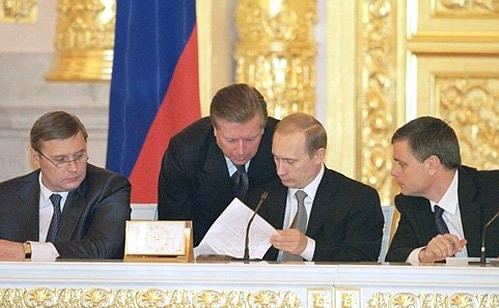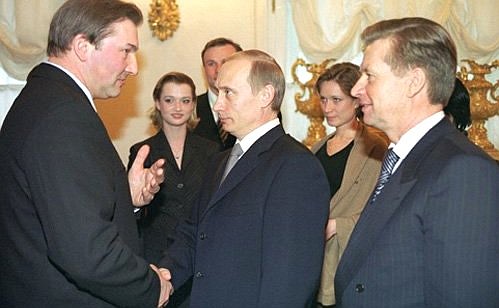The Russian President told the meeting that the lack of attention towards sports caused direct and indirect economic loss, aggravated the demographic situation and impaired the health of the nation. He said Russia was notorious for its short life expectancy, the number of disabled persons was increasing steadily each year, sick-leave payments accounted for 3% of annual wage funds, and that the number of local sports facilities had dwindled by 20% since 1991.
The Russian leader also stressed that, although the sports services market had expanded considerably, Russia lacked mass sports services and accessible sports facilities, particularly in small towns.
He said professional sports also faced many serious problems, such as training new athletes, organising the training process and material incentives for athletes and coaches. The obsolete national athlete-training facilities were being misused, Mr Putin told the meeting.
The President drew the attention of the State Council to the fact that professional sports were a matter of national prestige and a highly profitable business. He said professional sports must receive additional resources, and that profits could provide long-term investment.
President Putin supported an initiative on establishing the Presidential Council on Physical Fitness and Sports.
Vladimir Putin told the meeting that, starting from July 1, 2002, monthly grants of at least 15,000 roubles will be issued to 1,000 national Olympic athletes, and that such support would be extended to 3,000 athletes and their coaches next year.
Moreover, President Putin ordered the Presidential Executive Office to study the possibility of financing the purchase of sports equipment by children’s sports schools out of the presidential reserve fund.

